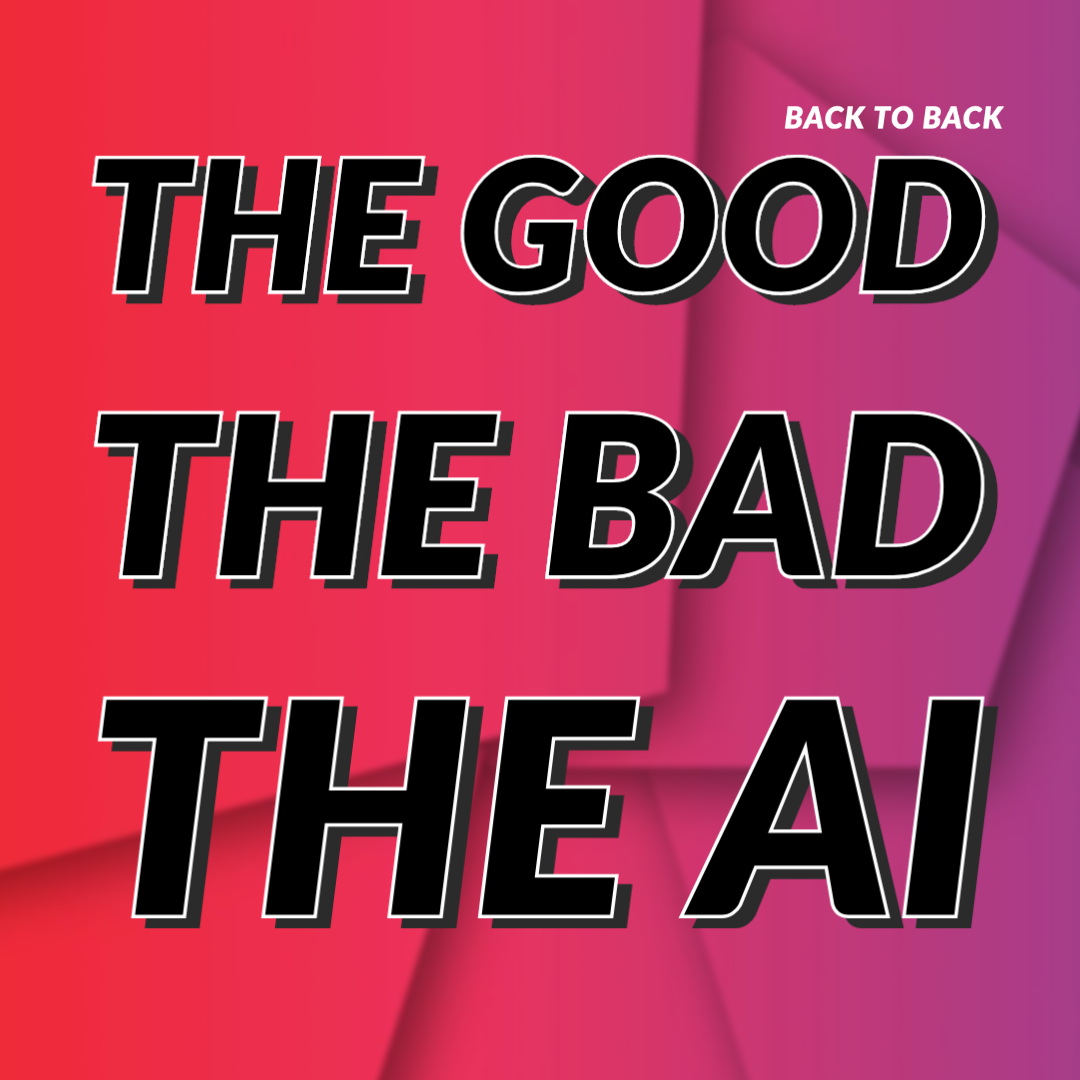Hello everyone,
My name is Matteo Bittanti and I am the artistic director of the Milan Machinima Festival, which showcases game-based video art at the end of the end of history.
On behalf of the entire curatorial staff, I am happy to reveal additional details about the fifth edition, which takes place between March 21st and 27th 2022.
The Milan Machinima Festival - a non-profit project that was born at IULM University in Milan - is made possible by the contribution of several people. In this dispatch, I’d like to share some details about our curatorial staff. Specifically, I would like to introduce three key curators: Gemma Fantacci, Luca Miranda, and Riccardo Retez.
Gemma Fantacci is a Doctoral candidate in Visual and Media Studies at IULM University. Her research focuses on the relationship between counter-gaming practices and the avant-garde. She holds an MA in Arts, Markets and Cultural Heritage from IULM, and an MA in Game Design from the same institution. She is interested in machinima, in-game photography and the visual arts. Gemma is the Communication Manager of the Milan Machinima Festival and co-curator of VRAL.
Among her most recent publications is VRAL SEASON ONE published by Concrete Press, which she co-edited with Matteo Bittanti. Introduced in April 2020 amidst a global pandemic, VRAL is a uniquely curated game video experience, offering screenings of machinima created by artists and filmmakers whose work lies at the intersection of video art, cinema, animation, and gaming. The book collects all Season One’s interviews (i.e., exhibitions 01 to 21), including extra content previously released online. The second volume in the series will be released in the upcoming months
Luca Miranda is an artist and independent researcher. His scholarly practice focuses on the relationship between reality and simulation. He is especially interested in the notion of the avatar as an aesthetic entity. Luca is interested in the logic of game mechanics and notions such as immersion, identification, and interpassivity. He received a Master of Arts in TV, Cinema and New Media at IULM University, Milan, and previously a B.A. in Media and Art from the University of Bologna. In 2018, he co-founded Eremo, an artistic collective based in Milan operating at the intersection of video game, sound art, performance and contemporary art. His most recent publication is titled GIOCARE A CAMMINARE (Walking as a game) which focuses on the walking simulator, a video game genre that has emerged in the last decade in the context of the so-called indie scene. The book examines the origins, development, and influence of this genre sui generis within the field of digital gaming. Additionally, the author compares the aesthetics, mechanics, and ways of playing the walking simulator with several works and artistic practice, suggesting that the two have much in common.
Born and raised in Florence, Riccardo Retez received a Master's Degree in Television, Cinema and New Media from the IULM University in Milan in 2019 and a Degree in Graphic Design and Multimedia from the Free Academy of Fine Arts in Florence in 2017. Passionate about cinema, video games and visual culture, Riccardo has produced several short films and video clips. He is the author of MACHINIMA VERNACOLARE (Vernacular Machinima), the first academic study of the Rockstar Editor, a popular video editing software embedded in Grand Theft Auto V (2013). The author describes the dynamics of production, consumption and distribution of machinima within the fandom community, which now represent an increasingly complex media ecosystem.
This year, Gemma, Luca and Riccardo are each curating a special program that will be exclusively screened on March 26 at the MIC, the Museum of Interactive Cinema in Milan. Tickets are still available on EventBrite although seats are limited.
For more information about the Milan Machinima Festival please visit the official website.
Stay tuned for more and thank you for your attention.































